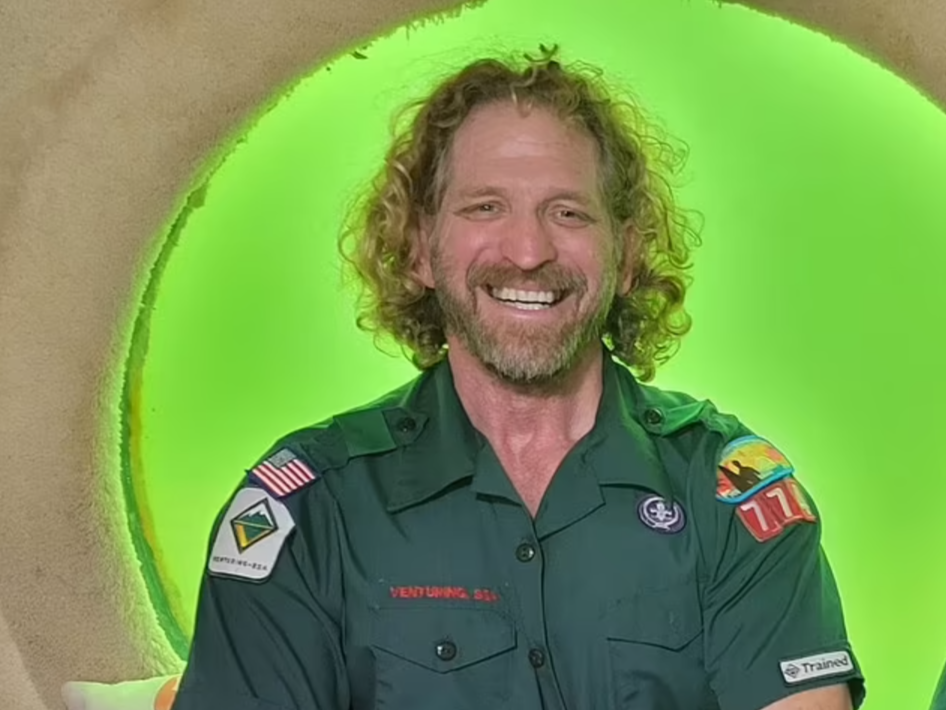
A scientist who has been living underwater for the last 30 days claims to have discovered a new species.
Former naval officer Dr Joseph Dituri is attempting to break a world record by spending 100 days in a habitat 30 feet (9 metres) below a Florida lagoon, testing how the body reacts to long-term exposure to extreme pressure. But one month into the experiment his team may have unexpectedly made a different scientific finding.
“We found a single-cell ciliate, a single-celled organism that we believe is a brand new species to science,” Dr Dituri told The Independent via video chat. “People have dived in this area thousands and thousands of times – it’s been here, we just didn’t look.”
The specimen will continue to be examined by microbiologists to confirm that it is a new species. It is one of many discoveries that he is hoping to make by spending an extended amount of time beneath the waves, diving in the surrounding area and conducting experiments in a small lab set up in a 100-square-foot underwater capsule.
One month into the record attempt, Dr Dituri says he “feels wonderful” though scientists estimate he may lose around an inch in height during that time due to the pressure exerted on his body – in the same way that astronauts grow around 3 per cent taller after spending time in the weightlessness of space.
Dr Dituri is being monitored closely by medical professionals during his time underwater, frequently sending urine and blood samples up to the surface for analysis. He is also under psychological and psychosocial testing, while also performing ultrasound, electrocardiogram and stem cell tests.

One hypothesis is that the increased pressure – roughly 1.6-times that of the surface pressure – will lead to improvements in health, while also potentially having an impact on key indicators related to disease and longevity.
“We know for sure that when you’re exposed to about half the pressure that I am right now, you double the number of circulating stem cells,” he says. “I will have longer telomeres – potentially reversing ageing – and I will also gain bone density and muscle when I’m down here.”
There have been some unexpected side-effects, with Dr Dituri saying that some bodily functions like urination are more difficult due to the increased pressure underwater.
The biggest risks may come when it comes time to resurface, as no decompression testing has ever been undertaken for such an extended period of time. In extreme circumstances, rapid decompression can lead to severe lung damage, paralysis or even death.
“We kind of just hope this works out but we don’t know,” he says.
Having entered the habitat on 1 March, Dr Dituri will need to stay down there until 14 May to beat the current world record of 73 days.
“Everyone keeps focussing on the world record but I don’t care about the world record. I just want to live underwater – I’d do it for 200 days if I could afford it,” he says.
“This is where we find the next great cure… It’s the coolest science in the world right now.”







